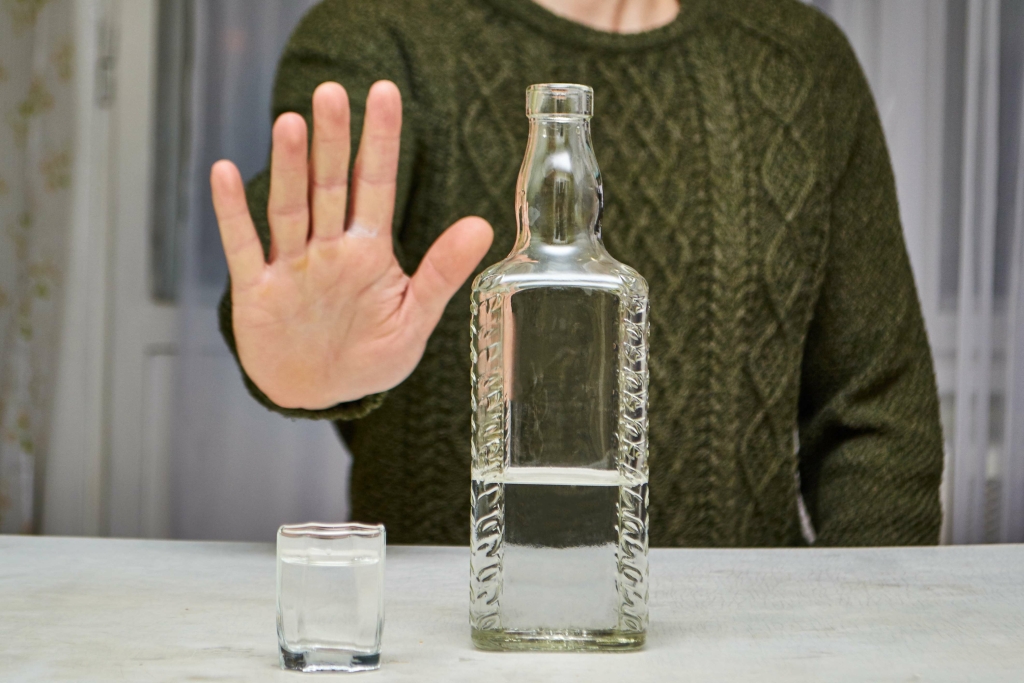Is Alcohol Addictive? How Does it Work & Who is At Risk?
In this blog, we’ll explore how addictive alcohol is, explain why it’s addictive and examine the alarming alcohol addiction rates. Over time, these changes to the brain create a vicious cycle of dependence that keeps the person dependent on alcohol. When you drink alcohol, the body releases “feel good” chemicals like dopamine and endorphins.
How Long Does Addiction Recovery Take?
Francisco Church is a rehabilitation specialist and the chief editor of Recovery Ranger. He creates this site to offer guidance and support to individuals seeking to overcome addiction and achieve lasting sobriety. With https://token.authority10x.com/2021/04/09/u-s-drinking-rate-at-new-low-as-alcohol-concerns/ extensive experience in the field of addiction treatment, Francisco is dedicated to helping individuals access the resources they need for successful recovery.

Mental Health and Co-occurring Disorders

Given the factors discussed, how easily someone becomes addicted to alcohol can vary based on their genetics, mental health, social environment and drinking habits. For some individuals, casual drinking may never develop into a problem, while others may quickly spiral into addiction. what makes alcohol addictive Over time, as the brain becomes accustomed to these elevated dopamine levels, it requires more alcohol to achieve the same pleasurable effects. This creates a vicious cycle where individuals need to drink more frequently or in larger quantities to experience the same feelings, eventually leading to dependency.
Alcohol Consumption and Social Influences
Start your journey today on the road to recovery by reaching out to our friendly addiction managers who will be able to tell you the best next steps in treating your addiction. Take our quick alcohol use assessment to find out where you stand. Ria Health offers several FDA-approved medications for alcohol use disorder. When combined with counseling, this approach is proven highly effective.
- If you notice a loved one increasingly spending time alone drinking, they may be struggling with a drinking problem.
- Group therapy and shared experiences create bonds that help individuals remain motivated during and after treatment.
- It increases the levels of the neurotransmitter dopamine, which is linked to the reward system in the brain and makes people feel good.
- People with a family history of alcoholism are at a higher risk of developing alcohol addiction.
- For example, alcohol increases the activity of gamma-aminobutyric acid (GABA), which is an inhibitory neurotransmitter.
Can We Use Family Therapy for Alcohol Addiction?
Social drinking can quickly Sober living house turn into a problem when it becomes a regular way to cope with life’s challenges or to celebrate every achievement. While occasional drinks may not seem harmful, consistently using alcohol as a way to manage emotions or stress can gradually lead to addiction. The discomfort of withdrawal makes it hard to stop drinking once a person has developed a dependence, further contributing to alcohol’s addictive nature.





